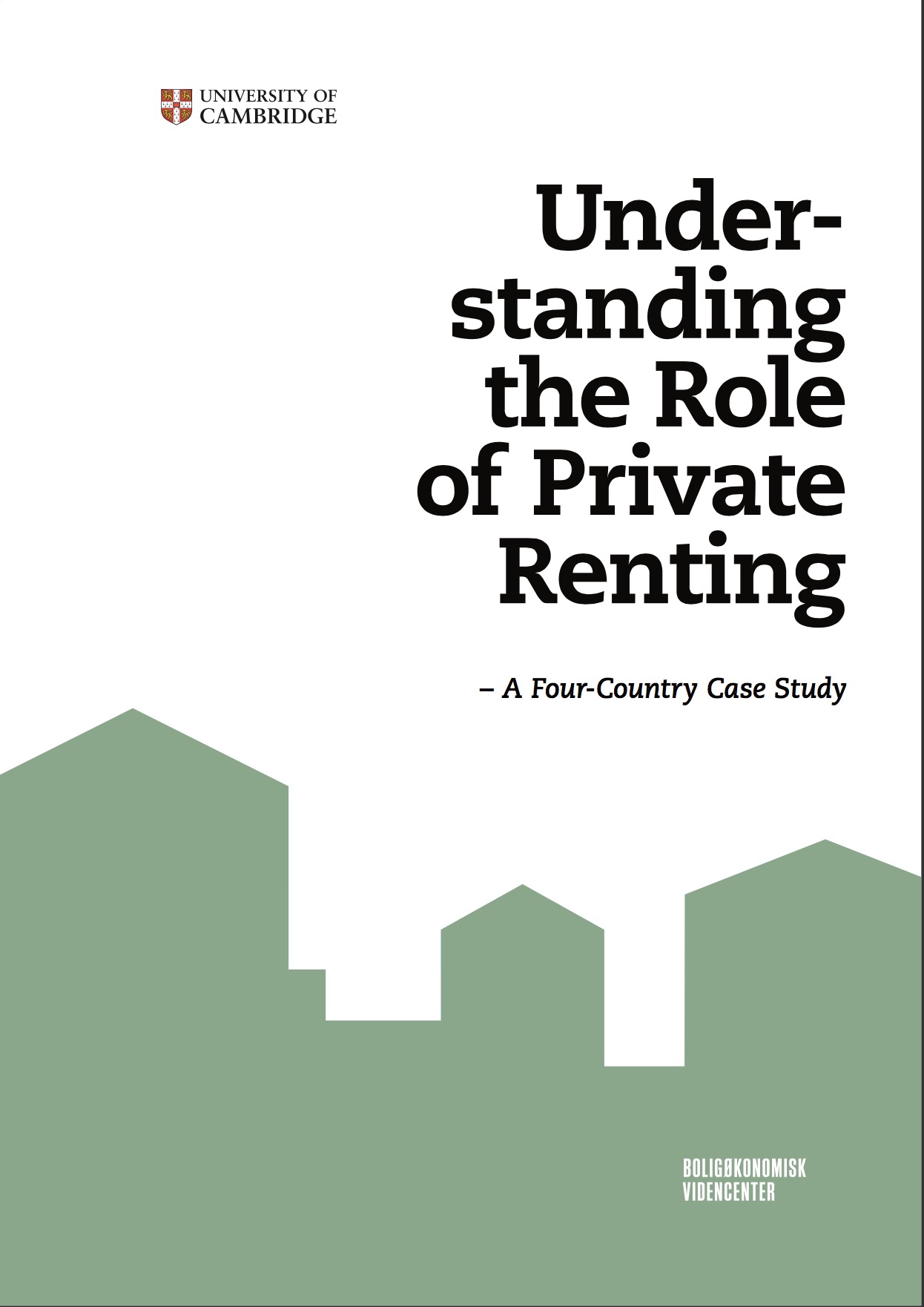Christine Whitehead was one of the experts that provided advice and guidance on the report, ‘Strength in Numbers: Funding and Building More Affordable Housing in London‘, by Silviya Barrett and Tom Dilke. The report examines what the authors perceive to be two of the main barriers preventing local authorities from building, namely: the cost of land and the availability of funding. The report brings to light the benefits of cross-borough collaboration on meeting affordable housing targets, and calls on the GLA and Government to support these partnerships.
Click here to access the full report.
An excerpt from the report, clear-cut recommended action points:
To optimise public funding available for affordable housing:
1—The government should review Housing Revenue Account borrowing capacity so that it is based on local authorities’ ability to service the debt (rather than historic debt levels).
2—The government should provide a stable operating environment for council housing nances, including no further major welfare reform, a return to in ation‐indexed social rent increases, and the cancellation of the high‐value council homes levy.
3—The government should extend the period within which local authorities are able to spend RTB receipts from three to ve years, and increase the proportion of the cost of a replacement home that can be funded using these receipts. The government should also permit the spending of RTB receipts outside of borough boundaries to enable pooling with other boroughs.
4—The government should give local authorities explicit permission to spend commuted sums on affordable housing outside of borough boundaries, to enable local authorities to use the sums more strategically and ef ciently, as part of cross‐borough collaborative arrangements.
5—To allow a more strategic use of funds, the government should devolve housing bene t to the GLA level, and allow the Mayor to offer guarantees that housing bene t will rise in line with in ation
to nance affordable house building.
To foster cross-borough collaboration in delivering affordable housing:
1—The GLA should help broker formal borough partnerships in housing delivery, and use its policies, powers and resources, including publishing a
best practice guide, to facilitate and encourage collaboration.
2—The GLA should incentivise collaborative affordable housing delivery through more exible or enhanced levels of grant for consortia of local authorities, together with housing associations and private developers. The Mayor and London boroughs should also develop a more strategic London‐wide approach to building new affordable housing, embedded in the London Plan.





